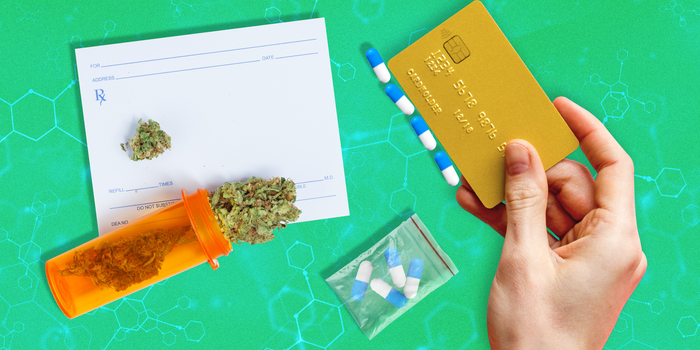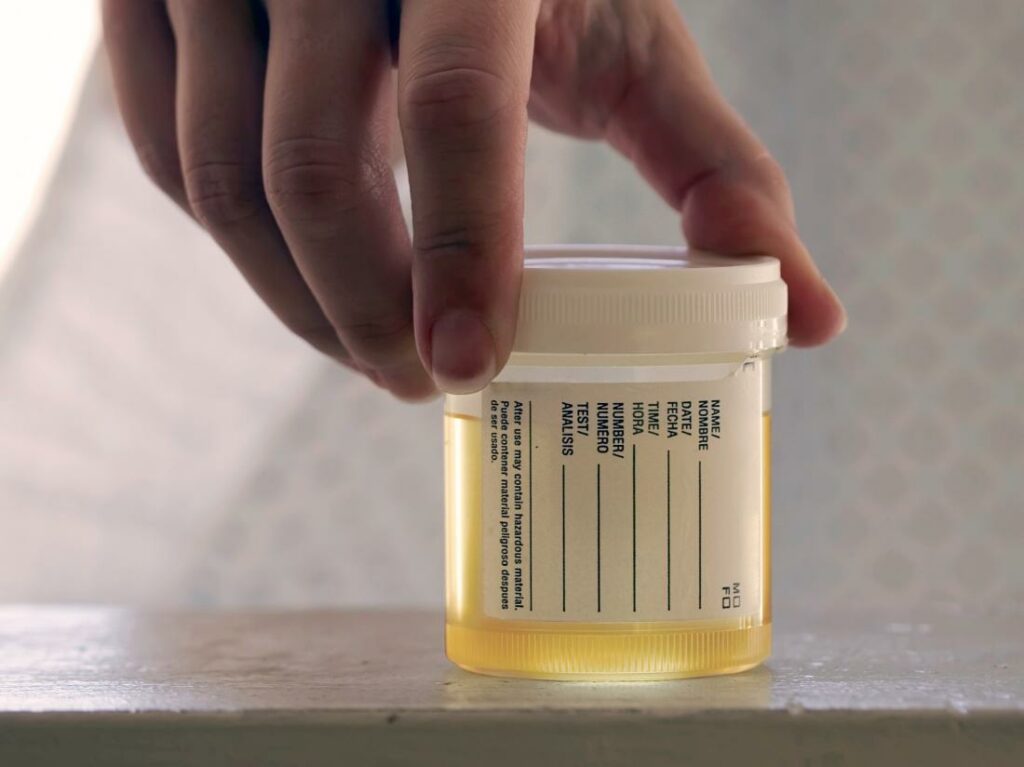COURT MARTIAL LAWYER FOR WRONGFUL USE OF DRUGS
At Bilecki Law Group, We believe every service member has earned their right to an aggressive defense on their day in court. We specialize in taking the fight to the prosecution and winning cases that others said were unwinnable.
Home Uses of Drugs
Wrongful Use of Drugs Under Article 112a, UCMJ
Under Article 112a of the Uniform Code of Military Justice, a person commits wrongful use of drugs when they use a scheduled controlled substance, when they knew that they used the substance, and that they knew the substance used was what they believed it to be or of a contraband nature and that the conduct was wrongful. In addition, the UCMJ has additional aggravating circumstances which can increase the severity of the offense.
- The substance was used during a time of war.
- The substance was used while on duty as a sentinel or lookout.
- The substance was used while on board a vessel or aircraft used by or under the control of the armed forces.
- The substance was used while in or at a missile launch facility used by the armed forces or under the control of the armed forces.
- The substance was used while receiving special pay under 37 U.S. Code section 310.
Understanding Article 112a – Navigating a Complex Minefield
There is a tremendous amount of misinformation passed around regarding military drug charges. Whether this comes from well-intentioned barracks lawyers, the Lance Corporal underground or someone who has “popped hot” before, a misunderstanding of the actual rules can lead to devastating consequences. Ignorance of the law is not a defense, so educate yourself on the reality of the situation and let’s separate fact from fiction.
Definitions and Instructions for Article 112a Drug Cases
Use of Drugs
- Done pursuant to legitimate law enforcement activities. For example, an informant who is forced to use drugs as part of an undercover operation to keep from being discovered is not guilty of wrongful use.
- Done by authorized personnel in the performance of medical duties or experiments. While this one defense is on the books, in over twenty years we have never seen it.
- Use of a controlled substance may be inferred to be wrongful in the absence of evidence to the contrary. Knowledge by the accused of the presence of the substance and knowledge of its contraband nature may be inferred from the surrounding circumstances.

Knowledge of Drug Use – Innocent Ingestion
Under the UCMJ, you may not be convicted of the use of a controlled substance if you did not know you were using the substance. Your use of the controlled substance must be knowing and conscious. For example, if a person places a controlled substance into your food, drink, cigarette or vape without you becoming aware of the substance’s presence, then your use was not knowing and conscious.

Knowledge of the Illegal Substance
To be found guilty of Article 112a, you must have actual knowledge that the substance you were using was illegal or of a contraband nature. Like everything in the law, there are many nuances and exceptions. If you were using marijuana but thought you were smoking cloves, a legal substance, you would not be guilty of wrongful use of marijuana. On the other hand, if you were using marijuana, but though you were smoking hash, an illegal substance, the defense would not apply.
- You did not know for sure that the substance was not of a contraband nature.
- You were aware that there was a high probability that the substance was or of a contraband nature; and
- You deliberately and consciously tried to avoid learning that, in fact, the substance was of a contraband nature, then they jury may treat this as the deliberate avoidance of positive knowledge. Such deliberate avoidance of positive knowledge is the equivalent of knowledge.
Exceptions to Wrongful Use under Article 112a, UCMJ
Regulatory Defects in Collection of Urinalysis Samples.

Maximum Punishment For Drug Use
- Amphetamine, cocaine, heroin, lysergic acid diethylamide, methamphetamine, opium, phencyclidine, secobarbital, and Schedule I, II, and III controlled substances: Dishonorable Discharge, Total Forfeitures, 5 years prison time, reduction to E-1.
- Marijuana, phenobarbital, and Schedule IV and V controlled substances: Dishonorable Discharge, Total Forfeitures, 2 years prison time, reduction to E-1.
- When aggravating circumstances are alleged: Increase maximum confinement by 5 years.
Fighting Your Drug Charges
Basic Questions You Must Answer to Fight 112a Charges:
- First, can the prosecution even prove that the substance was illegal? If so, can they prove you had the requisite knowledge and criminal intent? Was there a valid prescription for the substance?
- Second, in cases involving urinalysis, was the test completed appropriately? Did the lab perform its job correctly? Were there any technical mistakes?
- Third, could this be a case of innocent ingestion where you had no idea you even ingested or used the substance. From something as simple as being drugged to a false positive test at the laboratory. For example, ingesting Benzedrex inhalers could lead to a positive test for methamphetamines.

Real Consequences of a Drug Use Conviction.
- Even minor infractions could lead to a punitive discharge. There is a zero-tolerance drug policy that is in full force across all branches of the U.S. Armed Forces. This is not the time for rose-colored glasses. Your military career and benefits are at stake.
- Your civilian career could also suffer. A punitive discharge or even a discharge Under Other Than Honorable Conditions could leave future dream jobs out of reach.
- Even if your drug case is taken to NJP or Article 15 and you are found guilty there, your career is all but finished. You will likely then be chaptered out or taken to an administrative separation boar. Winning your case should be a top priority if you have any desire to advance or remain in the military.
